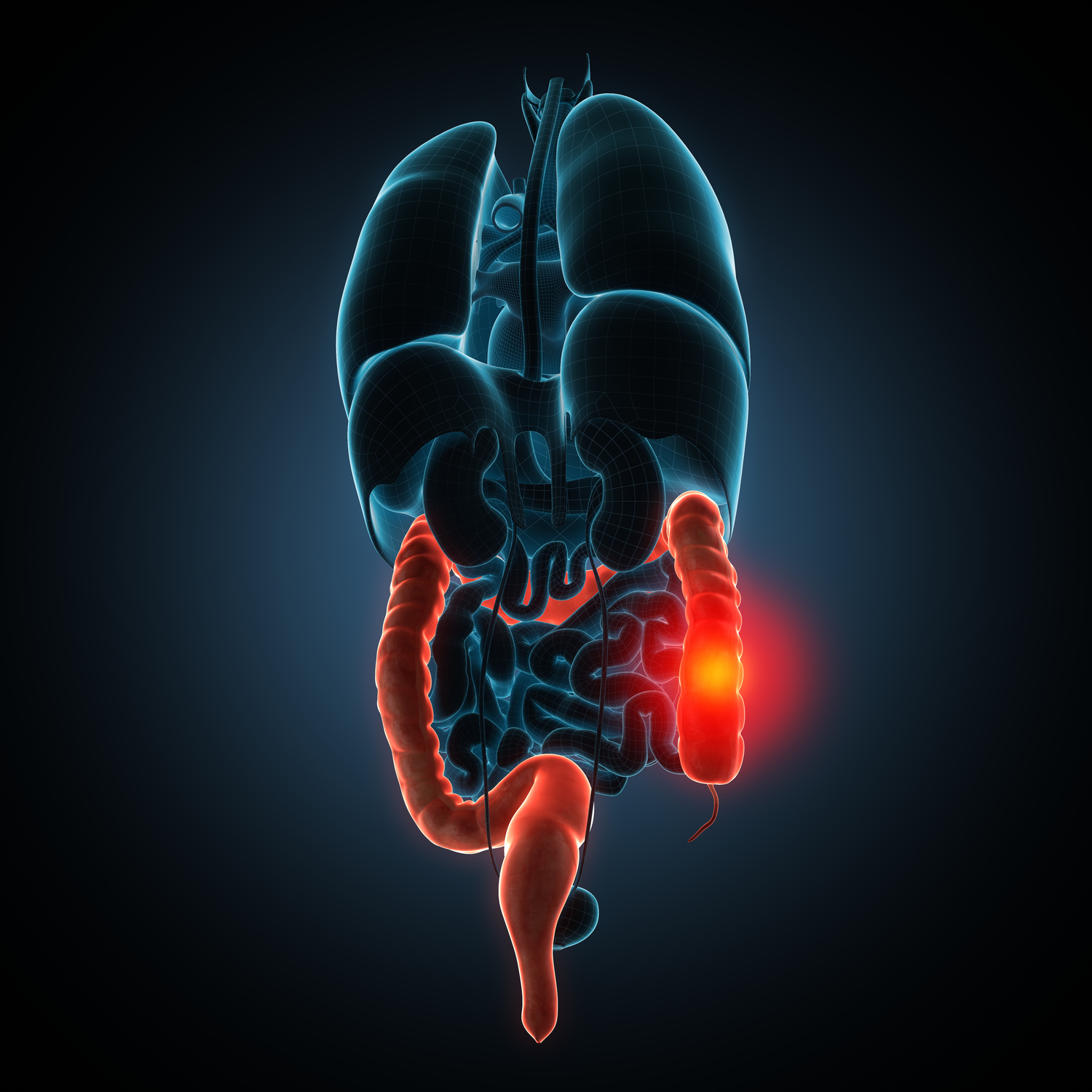Recognizing the Key Symptoms and Indicators of IBS
This article explores the common signs and symptoms of irritable bowel syndrome (IBS), including abdominal pain, bowel irregularities, bloating, food sensitivities, and emotional impacts. It emphasizes the importance of medical consultation for effective management and highlights lifestyle strategies to reduce symptoms, enabling sufferers to improve their overall well-being and quality of life.
Sponsored

Irritable bowel syndrome (IBS) affects approximately 6% to 18% of people globally. This condition causes changes in bowel habits and is influenced by factors such as diet, stress, and sleep quality, though triggers differ among individuals. Common symptoms include abdominal pain, altered bowel movements, bloating, and gas. Many sufferers also experience fatigue, sleep disturbances, and emotional issues like anxiety or depression. While IBS is not life-threatening, timely medical consultation and management are vital to prevent complications and improve quality of life.
Abdominal pain and cramping
Irregular bowel movements (diarrhea or constipation)
Gas, bloating, and discomfort
Food sensitivities and intolerances
Fatigue, sleep issues, and mood disorders






